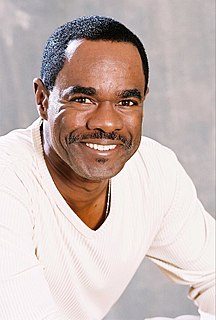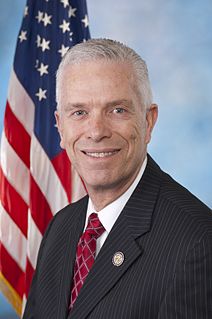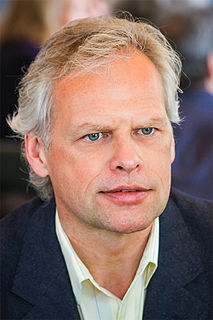A Quote by Glynn Turman
Acting is about truths and the more truths you're able to tell and share with your audience the more connection there will be.
Related Quotes
Our decisions need not be seen as resting on procedures that are merely instrumental in making judgments that are reliably truth-tracking. The procedures might be more directly related than that to truths about what is right or good, or about what we ought to do, or to principles that tell us what is true about these matters. And I have no metaphysical theory about the truth-conditions of such truths, except to say that as objective truths, they must be independent of the attitudes, decisions or actions that they are supposed to justify or for which they are to offer reasons.
I now wish that I had spent somewhat more of my life with verse. This is not because I fear having missed out on truths that are incapable of statement in prose. There are no such truths; there is nothing about death that Swinburne and Landor knew but Epicurus and Heidegger failed to grasp. Rather, it is because I would have lived more fully if I had been able to rattle off more old chestnuts?—?just as I would have if I had made more close friends.
Both in verse and in prose [Karl] Shapiro loves, partly out of indignation and partly out of sheer mischievousness, to tell the naked truths or half-truths or quarter-truths that will make anybody's hair stand on end; he is always crying: "But he hasn't any clothes on!" about an emperor who is half the time surprisingly well-dressed.
There are several kinds of truths, and it is customary to place in the first order mathematical truths, which are, however, only truths of definition. These definitions rest upon simple, but abstract, suppositions, and all truths in this category are only constructed, but abstract, consequences of these definitions ... Physical truths, to the contrary, are in no way arbitrary, and do not depend on us.
There are different kinds of truths for different kinds of people. There are truths appropriate for children; truths that are appropriate for students; truths that are appropriate for educated adults; and truths that are appropriate for highly educated adults, and the notion that there should be one set of truths available to everyone is a modern democratic fallacy. It doesn't work.
Being aware of truths about what is good or right or about what we ought to do is not the same as deciding what to do. Nor can the former truths be derived from decisions about what to do, or about procedures for making such decisions, unless these procedures themselves rest in some way on the apprehension of truths about what we ought to do.
So multifarious are the different classes of truths, and so multitudinous the truths in each class, that it may be undoubtingly affirmed that no man has yet lived who could so much as name all the different classes and subdivisions of truths, and far less anyone who was acquainted with all the truths belonging to any one class. What wonderful extent, what amazing variety, what collective magnificence! And if such be the number of truths pertaining to this tiny ball of earth, how must it be in the incomprehensible immensity!



































